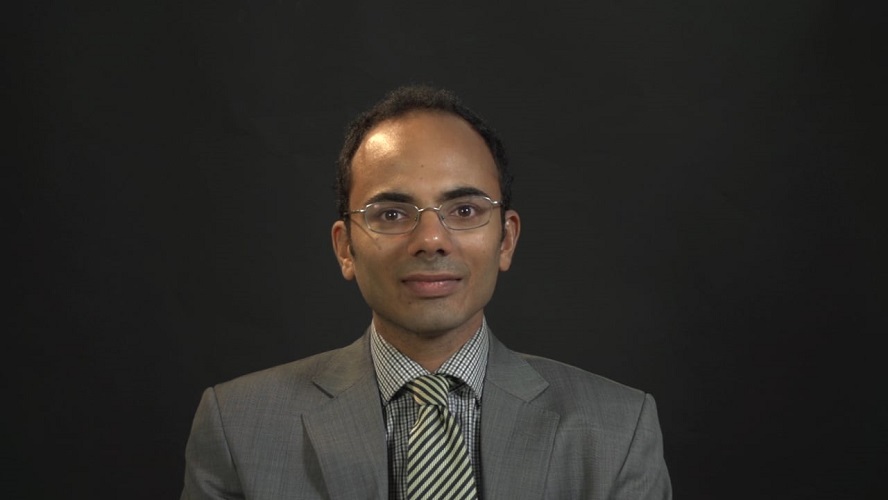This week on Sinica, Kaiser and Jeremy speak with Sulmaan Wasif Khan, assistant professor of international history and Chinese foreign relations at the Fletcher School at Tufts University, about his book, Haunted by Chaos: China’s Grand Strategy from Mao Zedong to Xi Jinping. He makes the case that China’s overriding concern is for maintaining the security and integrity of the state — something that, given China’s long history of foreign invasion, warlordism, civil war, and contested borders, hasn’t been easy.
What to listen for on this week’s Sinica Podcast:
4:55: Does grand strategy need to be articulated, or communicated clearly to the general population? Usually the answer is yes, where nation states unify diplomatic, economic, and military power to pursue broadscale goals. However, China’s case is different, according to Sulmaan: “There does seem to be this overarching national objective, there is a sense in which the different categories of power [diplomacy, economics, and military] were calibrated to achieve that overarching national objective, but you don’t get it articulated that often, if at all.”
14:44: How much useful insight on contemporary Chinese politics can be gleaned by looking to the past? Sulmaan breaks it down: “China’s imperial past [is] much less grand than it’s typically considered to be… China’s empires at different points had different security threats. At various points, it wasn’t an Asia-centric order. So, simply imposing one version of the imperial past on China’s millennia of history, and saying, ‘This is the way it’s always been,’ seems to be a little misguided.”
One feature from the imperial era that sticks out? Disorder. Sulmaan continues: “If you think about the Taiping Rebellion, for example, if you think about the Opium Wars — these are things that I think Chinese leaders still look to in the imperial past and worry about. The stories of the Opium Wars have never left the consciousness of the leadership, or Chinese people, for that matter. And that’s important to remember.”
30:07: “Hide your strength and bide your time” is a maxim spoken by Deng Xiaoping that has been used to define much of the era of reform and opening up. But is this truly an apt description of the time? Sulmaan states: “Hide and bide doesn’t really begin to sum up what [Deng] is up to. If you think about the sheer scale of economic change going on there, it’s kind of hard to keep that hidden — he’s almost like a kid when it comes to one country, two systems and joint development, how much he brags about those to anyone who will listen. That’s not hide and bide. If you’re sitting across the strait in Taiwan, you’re not seeing a lot of hiding and biding.
41:58: What are China’s future intentions on a grand strategic scale, and how do policymakers in the West feel about it? Sulmaan explains his view: “It says something about the way we typically think about China and other countries — that that kind of alarmism gains traction. There’s that old Atticus Finch line about walking around in someone else’s shoes and seeing how they feel, and I think much of the American foreign policy establishment is pretty bad at that. If the Chinese are doing something that we don’t like, it’s undemocratic or tyrannical. If the Russians are doing something we don’t like, ditto. If you’re not doing it our way, there’s something fundamentally wrong with you.”
Recommendations:
Jeremy: Nathan Hale — cartoonist, author, and illustrator of graphic novels for children.
Sulmaan: Watership Down, by Richard Adams. A useful vessel for understanding China and a source of grand strategic wisdom.
Kaiser: Everything You Love Will Burn: Inside the Rebirth of White Nationalism in America, by Vegas Tenold, and Bring the War Home: The White Power Movement and Paramilitary America, by Kathleen Belew.
This podcast was edited and produced by Kaiser Kuo and Jason MacRonald.








